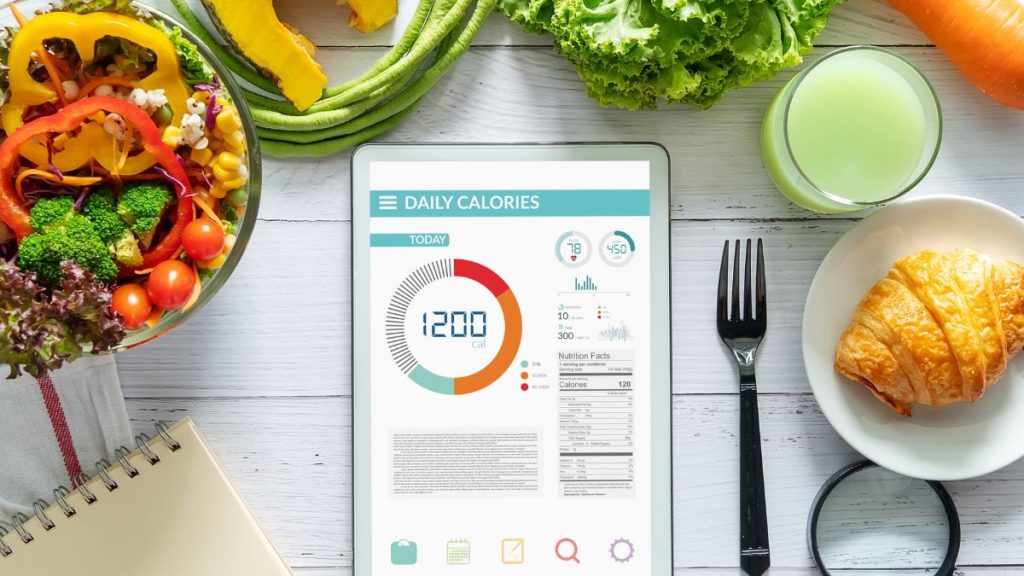Many people rely on calorie counting to lose weight, yet they find themselves stuck, frustrated, or even gaining weight. If you’ve been tracking every meal, hitting your calorie targets, and still not seeing results, you’re not alone. The problem isn’t just the numbers—it’s how your body processes them. Let’s explore why counting calories is not working for you and what you can do to fix it.
Are You Underestimating Your Caloric Intake?
One major reason counting calories is not working is inaccurate tracking. Studies show that even dietitians underestimate their caloric intake by 10-20% (source). Common mistakes include:
- Portion size errors: A “tablespoon” of peanut butter might actually be two or three.
- Hidden calories: Cooking oils, dressings, and condiments add unnoticed calories.
- Packaged food miscalculations: Labels can be off by as much as 20% due to FDA regulations.
If you’re underestimating by just 300 calories a day, that’s an extra 9,000 calories per month—enough to prevent weight loss or even cause gain.
Is Your Metabolism Adapting to Fewer Calories?
Your body is a smart machine. When you consistently eat fewer calories, it slows metabolism to conserve energy. This is known as adaptive thermogenesis, and it can cause:
- Lower NEAT (Non-Exercise Activity Thermogenesis): You move less without realizing it.
- Reduced calorie burn at rest: Your body becomes more efficient with fewer calories.
- Hormonal changes: Ghrelin (hunger hormone) increases, making you feel hungrier.
This means that even if you’re in a supposed “caloric deficit,” your actual deficit may be much smaller—or nonexistent.
Are You Over-Relying on Exercise for Calorie Burn?
Many people think they can “burn off” extra calories with exercise. However, fitness trackers overestimate calorie burn by 27% to 93% (source). If you eat back those “burned” calories, you may erase your deficit.
Instead of focusing on exercise as a way to burn calories, think of it as a tool to improve metabolic health and build muscle, which increases long-term calorie burn.
Is Your Diet Lacking in Satiety and Nutrients?
A calorie deficit only works if it’s sustainable. Eating 1,500 calories of processed foods versus 1,500 calories of whole foods leads to very different results because:
- Protein and fiber increase fullness and reduce overall calorie intake.
- Processed carbs and sugars spike blood sugar, causing cravings and overeating.
- Micronutrient deficiencies can slow metabolism and impact fat loss.
To improve results, prioritize high-protein, high-fiber meals that keep you full and reduce mindless snacking.
Are You Ignoring Water Retention and Inflammation?
If you’re eating in a calorie deficit but not losing weight, water retention could be masking fat loss. This happens due to:
- High sodium intake from processed foods.
- Cortisol spikes from stress and lack of sleep.
- Intense workouts that cause temporary inflammation.
Tracking progress with body measurements and progress photos—not just the scale—can help you see real changes.
How Can You Make Calorie Counting Work for You?
If counting calories is not working, don’t give up. Instead, make these adjustments:
- Focus on calorie quality: Eat high-protein, nutrient-dense foods instead of empty calories.
- Use a food scale: Measure portions to avoid underestimating intake.
- Prioritize strength training: Building muscle increases your resting metabolism.
- Stay patient: Fat loss is not always linear due to water retention and metabolic fluctuations.
- Listen to your body: Hunger, energy levels, and performance matter more than just numbers.
Final Thoughts
Counting calories is a useful tool, but it’s not a magic bullet. If you’re struggling, the issue may not be your math—it’s how your body responds to the numbers. Instead of obsessing over calorie counts, focus on sustainable habits like eating nutrient-rich foods, strength training, and managing stress. By making these changes, you’ll see better, long-term results.




